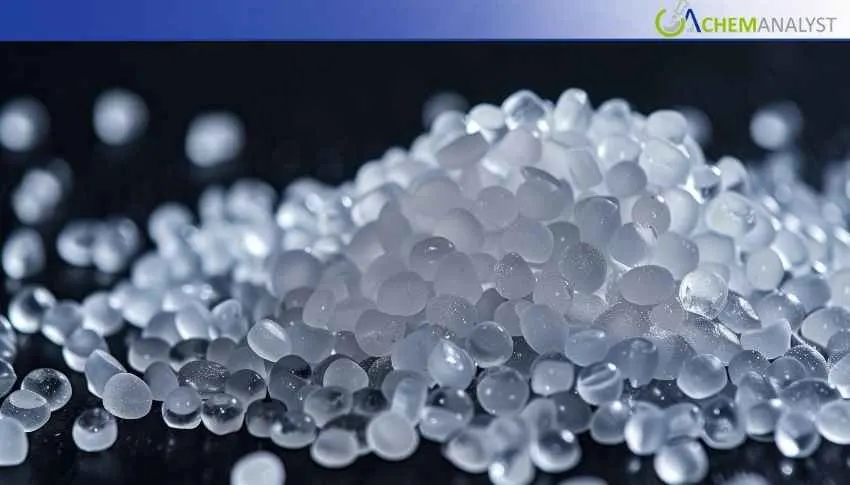Welcome To ChemAnalyst

On November 7, 2025, Turkey's Polypropylene prices decreased 1.08% due to weak domestic demand, Lira volatility, high inflation, and excess supply contributed to the decline. Macroeconomic pressures showed downstream margins were squeezed, moving companies to destock; however, the export-oriented to FMCG, food, and textile sectors sustained domestic demand for packaging films, rigid containers, and crates. The Izmir port operated smoothly which continued reliable Polypropylene import and export flow.
In early November 2025, Polypropylene prices in Turkey fell by 1.08% due to excess supply, weak domestic demand, and macroeconomic pressures. The decrease created by downstream destocking and high inventories could not be alleviated by stable import flows or resilient exports due to volatility in the Lira and inflation dampening buying power.
Soft Polypropylene demand combined with volatile Lira and inflation compressed margins for downstream producers in household goods, furniture, and toys drove orders being delayed and aggressive destocking. Nonetheless, export-oriented FMCG, food, and textile applications were stable, supporting films, crates, and rigid containers for Europe and Middle East markets. Lightweight mono-materials and recycled polypropylene (rPP) gained modest traction in snack pouches and frozen-food bags to increase recyclability in pursuit of enhanced compliance to the EU Sustainability Agenda, while potentially addressing EPR regulations. Polypropylene supply remained oversupplied, with Izmir port operating smoothly to enable imports from Saudi Arabia, South Korea. Domestic production from Petkim was burdened with high energy and feedstock costs and this led to the decline in price. Turkey re-export polypropylene to Pakistan, India, and Egypt were stable while updates from the Ministry of Agriculture regarding food-contact migration limits suggested compliance upgrades ahead. These situations balanced reliable trade in imports against currency and cost pressures, continuing to promote reprocessing and export opportunities.
The lira's volatility and creeping inflation were putting a squeeze on margins downstream, creating destocking in domestic non-export polypropylene. Additional domestic polypropylene supply and steady imported volumes added to price pressure to fall. The export market for packaging films and containers for Europe, and the Middle East provided some price stability, along with interest in rPP and mono-materials for sustainability mandates. Port efficiencies at Izmir continued ease of imports from Saudi Arabia, South Korea, and Russia, while continued high energy prices burden Petkim.
As per ChemAnalyst anticipation, Turkey's polypropylene market to continue its softness into late November 2025 and beyond with the ongoing price pressures from lira volatility, inflation and high inventories. Demand from export-oriented FMCG and textile applications and continued shifts toward rPP and mono-materials for sustainability brands could present some challenges. Smooth port and imports may keep a lot of supply streams supporting the domestic market, while raw material cost increases, currency shifts, and regs will always require tracking. The limited market growth for eco-compliant packaging may offset declines, which will likely improve more if market fundamentals improve.
We use cookies to deliver the best possible experience on our website. To learn more, visit our Privacy Policy. By continuing to use this site or by closing this box, you consent to our use of cookies. More info.
